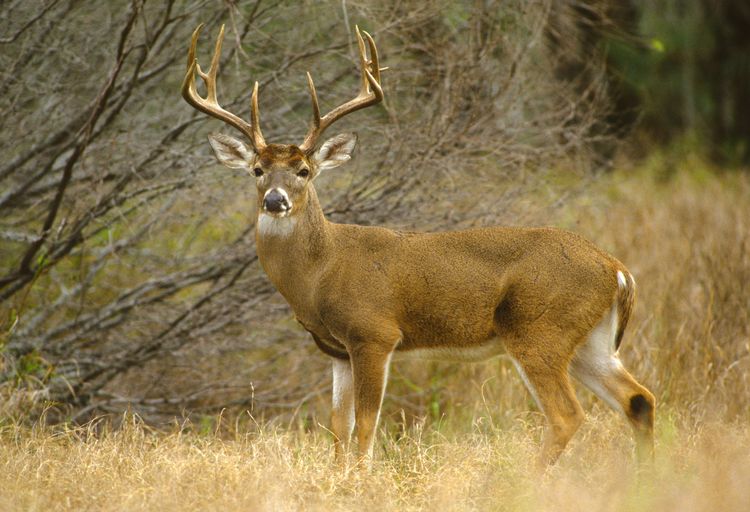Michigan State University will host a new, collaborative U.S. Geological Survey research unit focused on the overall advancement, conservation and protection of natural resources in Michigan and beyond.
The Michigan Cooperative Fish and Wildlife Research Unit is a partnership with the U.S. Geological Survey, Department of Interior, U.S. Fish and Wildlife Service, Michigan State University, Michigan Department of Natural Resources, and the Wildlife Management Institute.
The Michigan unit will be the 42nd of its kind, as part of the 87-year-old USGS Cooperative Research Unit, or CRU, program. The program was founded to enhance graduate education in fisheries and wildlife sciences and to facilitate research and technical assistance between natural resource agencies and universities. Since 1935, the program has grown from the original nine wildlife-only units and today — with the addition of MSU — to 42 units on university campuses in 40 states.
"We are delighted to welcome the new Michigan Cooperative Fish and Wildlife Research Unit to the CRU family,” said USGS Cooperative Research Unit Chief Jonathan Mawdsley. “We look forward to working with all of our cooperators to deliver world-class scientific research, graduate student training and technical assistance to our partners in Michigan."
In addition to critical research, the effort is focused on education, training and outreach relating to fish and wildlife resources vital not only to Michigan, but the Midwest and regional economies as well. Like all CRUs, the Michigan CRU will consist of two to five federal scientists along with administrative specialists. Federal scientists will serve as faculty at MSU, teaching graduate level courses, offering workshops for students and cooperators and conducting research on natural resource topics.
“For more than 30 years, the DNR has wanted to establish a USGS Cooperative Fish and Wildlife Research Unit at Michigan State University,” said Michigan DNR Director Dan Eichinger. “I’m excited that this goal has been achieved and look forward to scientists in the unit working with MSU faculty and DNR experts to help better inform our science-based management of Michigan’s natural resources.”
For the full story, visit canr.msu.edu.
